Home>Data Storage>How Much Storage Does A College Student Need On Their Laptop?
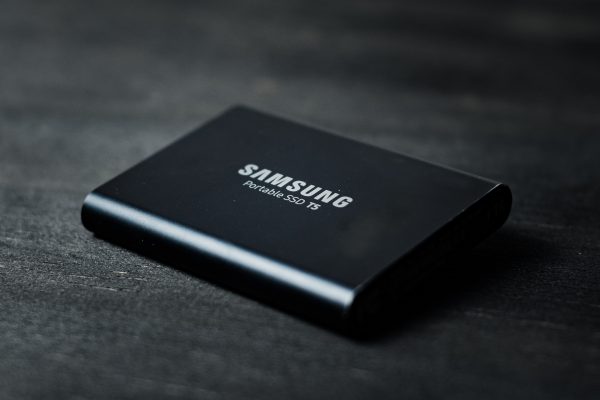
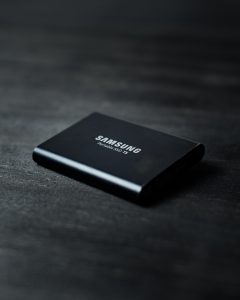
Data Storage
How Much Storage Does A College Student Need On Their Laptop?
Modified: January 5, 2024
Read on to discover the basics of Windows and MacBook Air storage for college learners!
(Many of the links in this article redirect to a specific reviewed product. Your purchase of these products through affiliate links helps to generate commission for Storables.com, at no extra cost. Learn more)
Today, students can’t really imagine their learning process without a laptop or a computer. Most of the learning is already done online, including homework assignments, grading, reading textbook materials, and so on. Laptops are not only used for taking notes and completing assignments, but they also serve as multimedia hubs and communication platforms.
So, it’s not really a surprise that every student needs to choose their computer at some point. There are hundreds of options available on the market right now, which are all very different in their prices and general characteristics. One of the critical factors students need to consider when choosing a long term laptop is storage capacity, which can impact their whole experience.
As a result, the question arises: how much storage is considered to be adequate for a college learner? Even when you use the services of paper writers online, you still need some additional space for your programs, games, and so on. Of course, it’s always a huge plus when you don’t have to worry about running out of space for your class homework and other important files!

So, how much storage does a student need on a laptop? Keep reading this article to find out! We will explore different factors that might impact your decision, as well as provide practical guidance for you.
Understanding storage types: HDD vs. SSD
Let’s start with the basics before actually moving on to choosing a device for your studies. If you want to spend your money wisely, you need to dedicate a little time to research this topic. Or, in this case, we will explain the basics of SSD vs HDD for student devices for you! Here is everything you need to know on this subject:
- Hard Disk Drives (HDD) offer larger storage capacities at a lower cost but tend to be slower in terms of data access and boot times.
- Solid State Drives (SSD) are more expensive per gigabyte but they offer significantly faster performance, which in turn makes the computer more responsive and efficient. Today, this is the most optimal and contemporary solution for your computer, especially when you don’t use it for something extraordinary.
Based on these two parameters, you can already make your choice based on your budget and preferences. However, the generally recommended storage capacity shifted towards SSDs, which are better in terms of performance, speed, and durability. So, the recommended storage for college laptop is an SSD with 256 GB to 512 GB.
Read more: How Much Storage Do I Need On A Laptop
How to choose your device?
Now that we are done with the theory of the subject, let’s move on to some practical aspects of your purchase. There are many things to consider before buying your computer, especially when you want it to last until your graduation! Learners usually don’t have the budget to buy a new appliance every year. So, here are some things for you to consider before making a purchase.
Needs for your academic purposes
- File storage. Basic text documents, presentations, and spreadsheets do not consume much space individually. However, over time, as students accumulate assignments, research papers, and class notes, your needs can increase (from 1 to 2 GB).
- Multimedia projects. For students in design, media, or arts-related courses, multimedia projects can take up substantial storage space. High-resolution images, videos, and audio files can quickly fill up your device (from 100 to 500 GB).
- Programming and computer science. Those learners who deal with coding and development projects will also require extra space. Compilers, libraries, and project files can take up a considerable amount of space (from 50 to 200 GB).
Now let’s see how else you might use your new device during your college years.
Entertainment and personal use
Of course, college life is not all about academics and learning, after all, this is what the best dissertation writing services are for. There is no crime in wanting to relax a little bit instead of doing homework all the time. So, for example, if you are a fan of Apple products, you might wonder how much storage does a college student need on their macbook? Let’s take a look at how you can use your device for your personal usage.
Media consumption
Streaming movies, TV shows, and music can be a great way for students to relax during their leisure time. In case you like to download your media, don’t forget to take into account the fact that high-definition videos and lossless audio files can quickly consume space on your device. It’s recommended to budget around 100 GB for this purpose alone.
Gaming
Lots of younger generation learners prefer to spend their free time gaming. In this case, you should factor in the space required for installing and running your favorite games. Popular modern games can occupy 50 GB or more of storage each. As a result, you should plan up to 500 GB to accommodate your gaming needs if you don’t want to delete everything every time.
Cloud storage or other external solutions
This is an excellent way to decrease your storage needs and offload some of your data to cloud services. For example, Services like Google Drive, Dropbox, and Microsoft OneDrive offer free or paid plans with varying amounts of space. Don’t forget about security, so you shouldn’t upload sensitive files to the cloud, like your personal files or class presentations.
Another great solution in this case is using external hard drives. Investing in an external hard drive is a wise choice for students requiring extra space without the cost of upgrading the laptop’s internal drive. You can buy an extra 500 GB or even several terabytes if you allocate some costs from your budget to a quality external hard drive, which will serve you for years.

Longevity of your device
This is an important aspect to consider for those learners who have a limited budget and who can’t buy a new computer every couple of years. Think about the upgradability of your storage. Some laptops come with easily accessible and replaceable drives. So, if possible, choose more flexibility in this case and save some money in the long run!
Also, you shouldn’t buy a computer with just enough space to survive. As software and operating systems evolve, they may require more storage space in the future. Also, media file sizes usually continue to increase because of higher resolutions and quality as well. These are all the factors that can potentially have a negative impact on your experience, so be aware!
To Sum Up
Now you know the basics of Windows and MacBook Air storage for college learners! In reality, with lots of options for external storage, you will have no problems with finding something according to your preferences and budget. Just make sure that your device won’t become obsolete in a couple of years, so you won’t have to start the search all over again!
Was this page helpful?
At Storables.com, we guarantee accurate and reliable information. Our content, validated by Expert Board Contributors, is crafted following stringent Editorial Policies. We're committed to providing you with well-researched, expert-backed insights for all your informational needs.
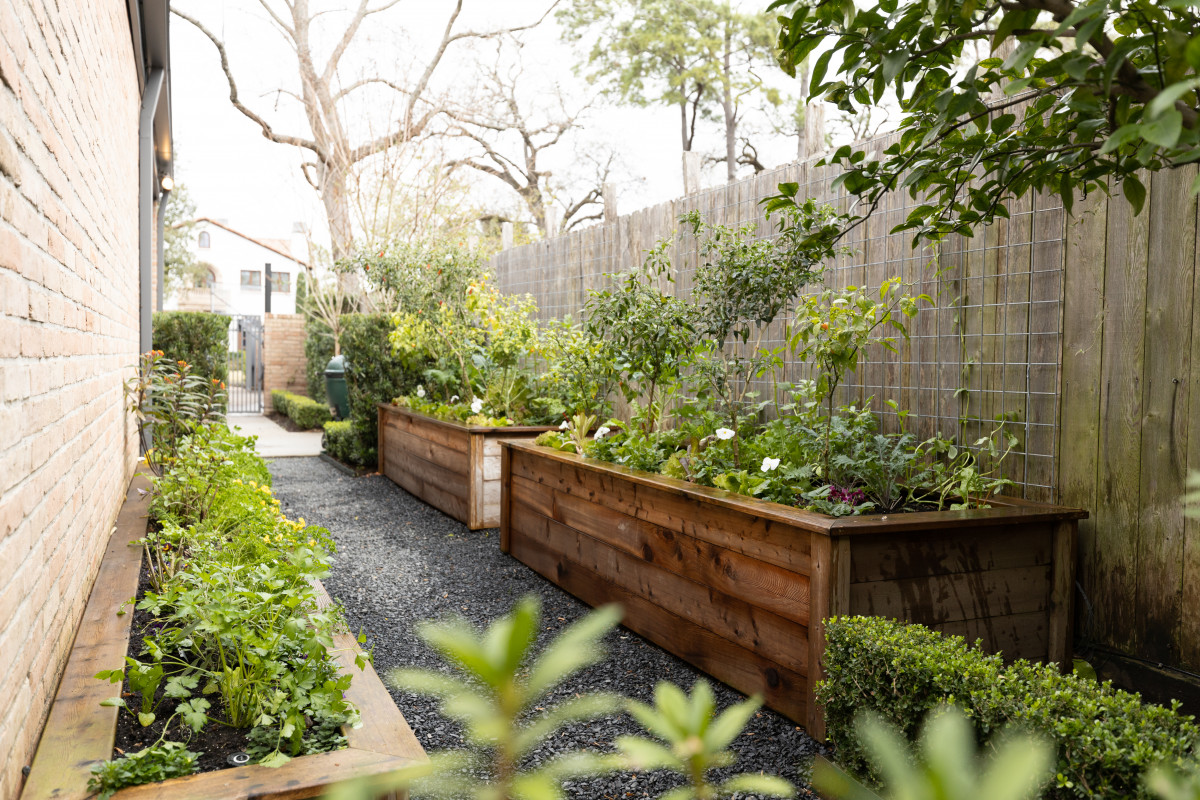



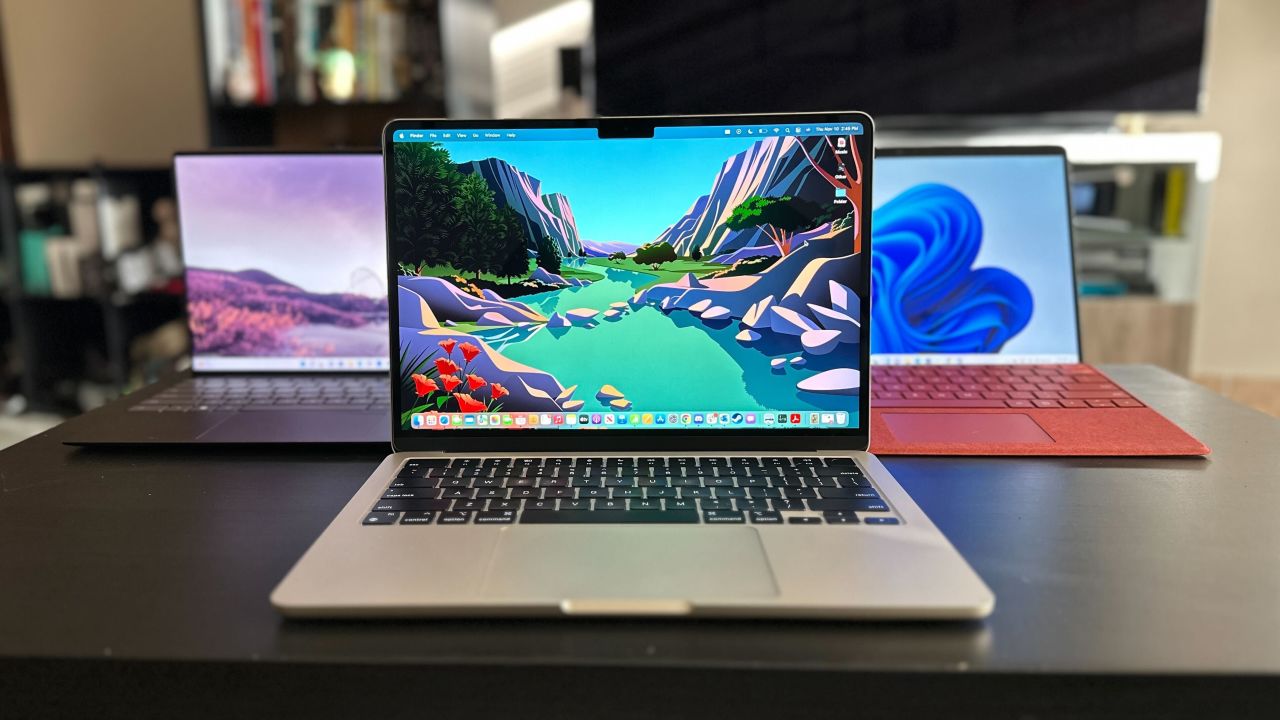
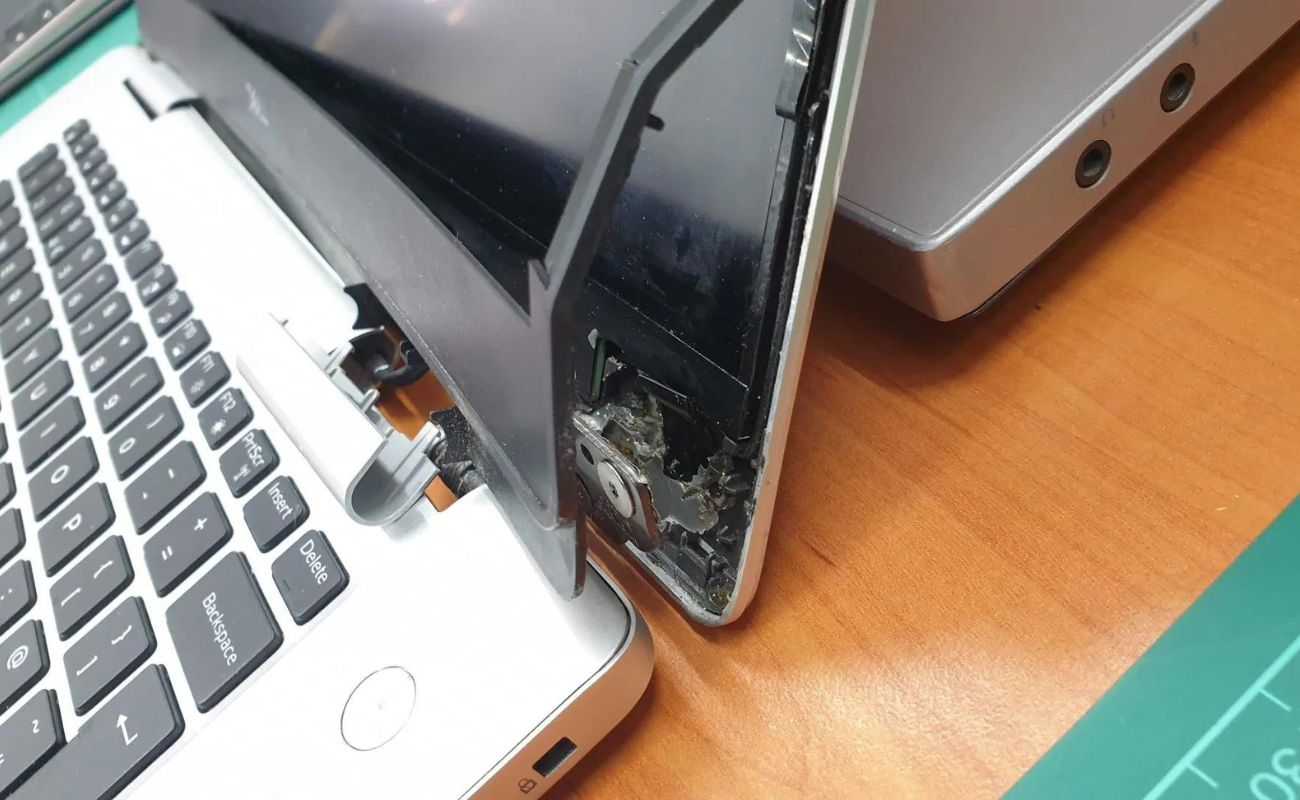



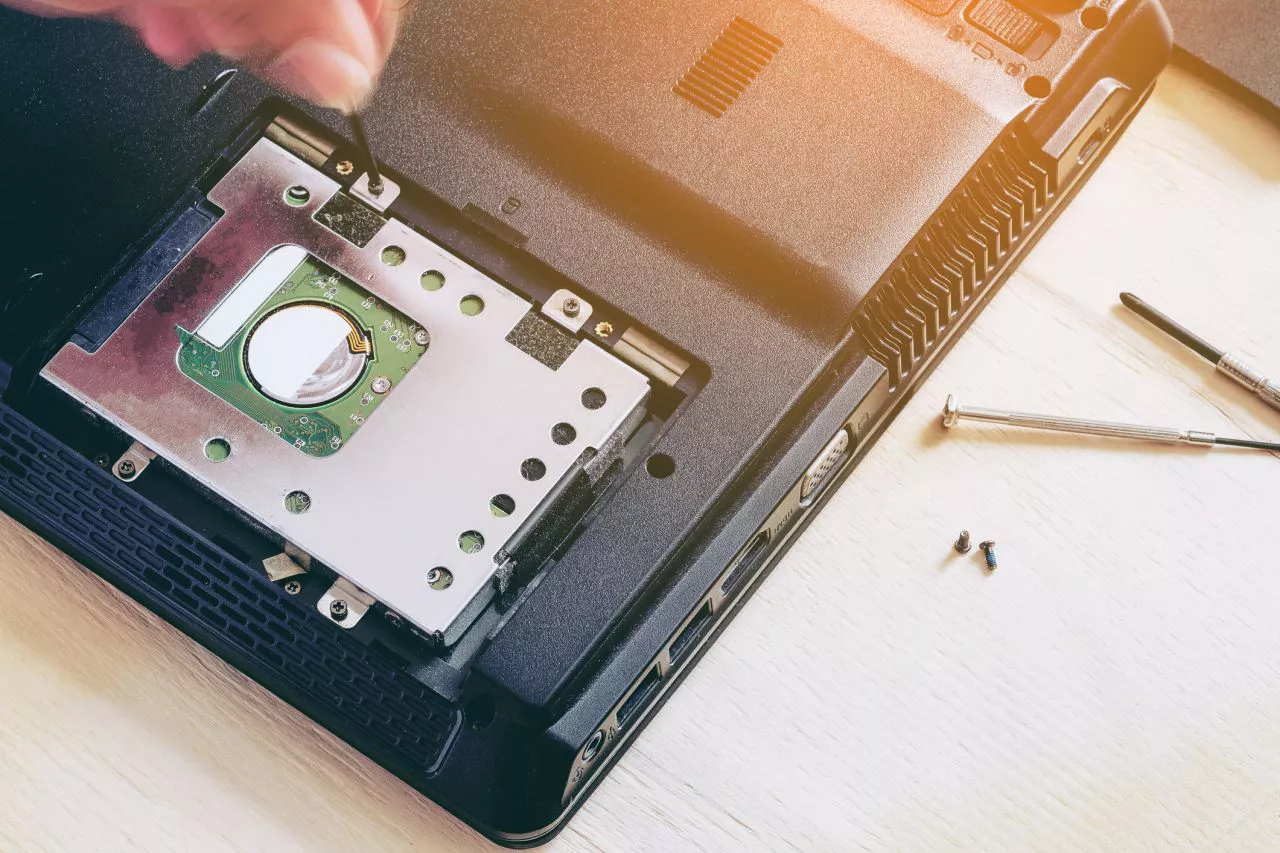
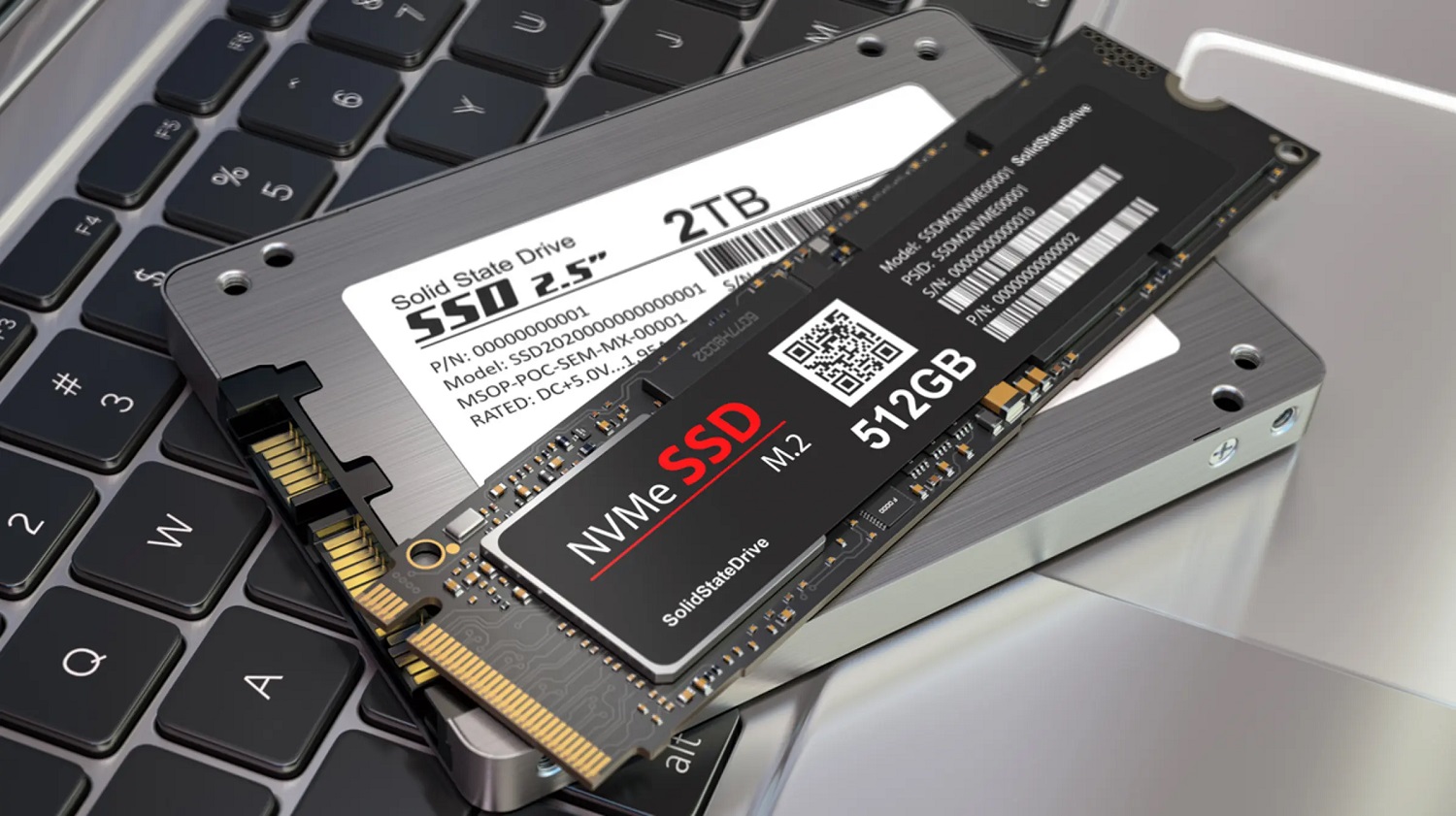


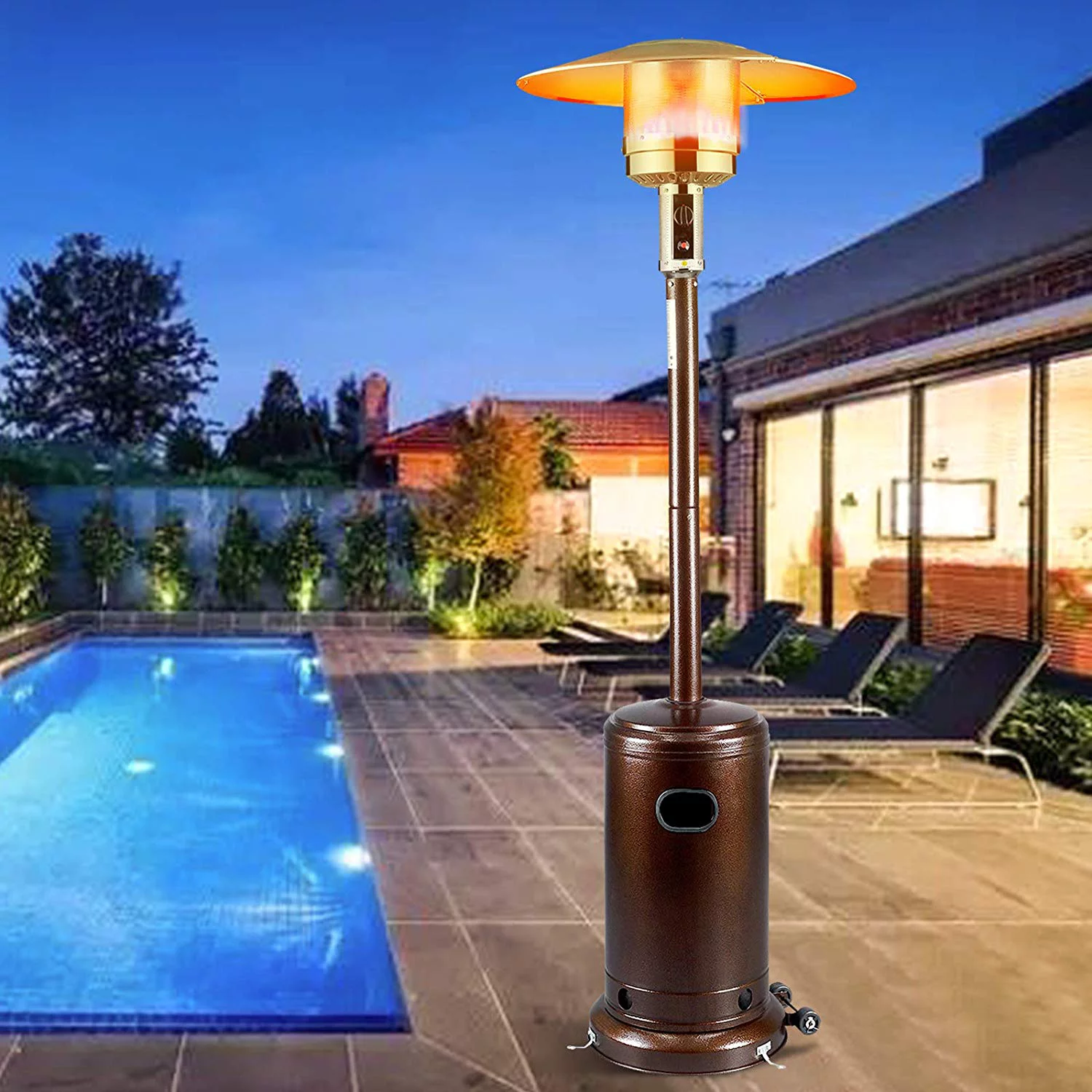

0 thoughts on “How Much Storage Does A College Student Need On Their Laptop?”